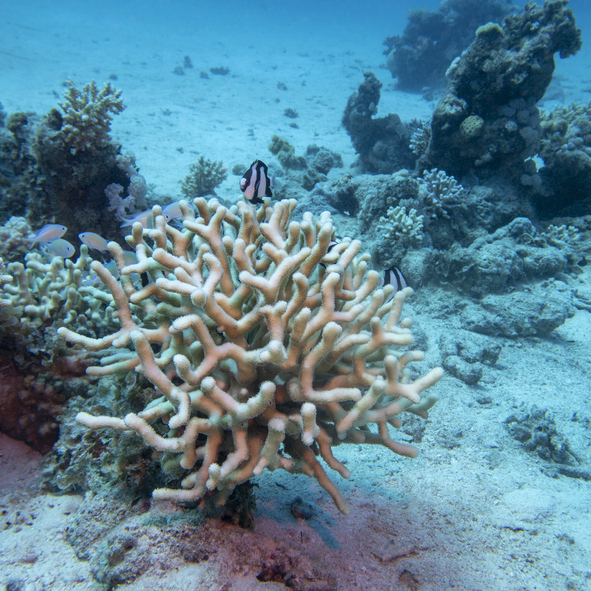
FIT researchers found that actions at the local level—such as reducing pollution and macroalgae—can help coral reefs recover from climate-change-induced damage. A survey of nearly 2,000 sites across the Pacific, Indian, and Atlantic oceans shows that favorable conditions such as clean water and sparse growth of seaweeds did prime reefs to recover rapidly.
“Identifying local reefs and oceanic regions with high recovery rates is crucial to protecting reefs and ensuring their future. And identifying the environmental drivers behind recovery rates is vital to predicting changes in coral reefs,” says Rob van Woesik. “Our research incentivizes protection and conservation locally, in tandem with reducing greenhouse gases globally, as the oceans continue to warm.”
View Related Expert Profiles: Go to Source